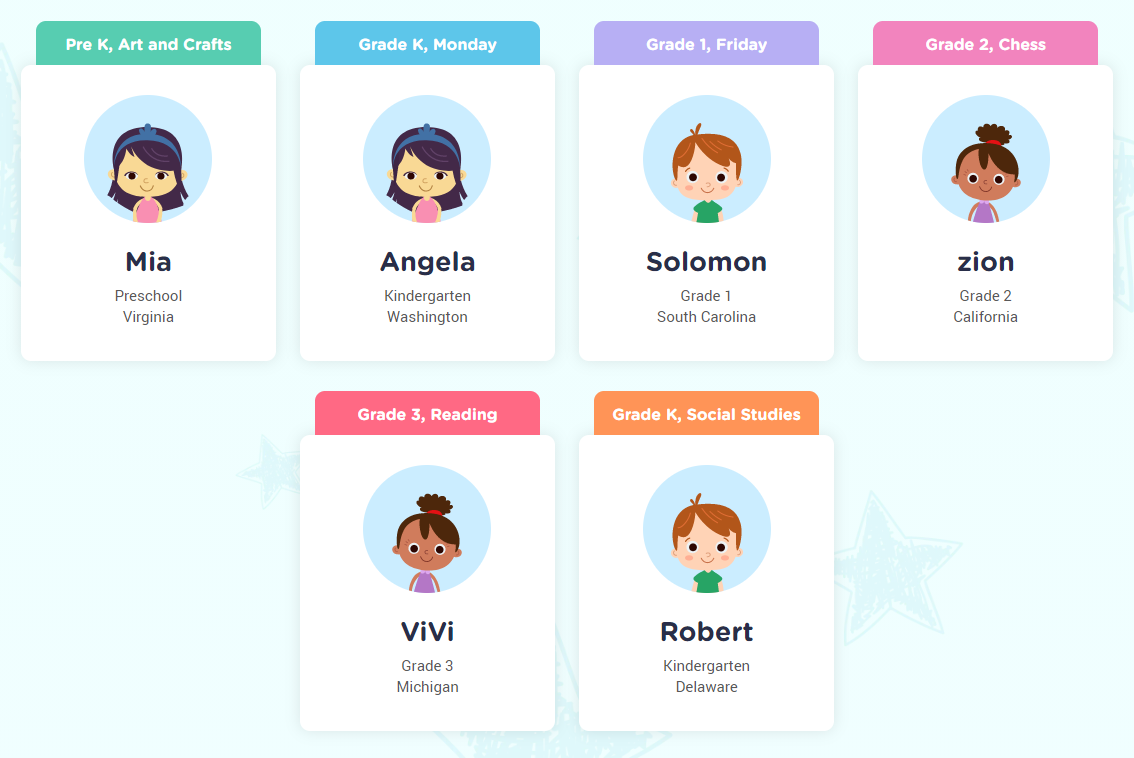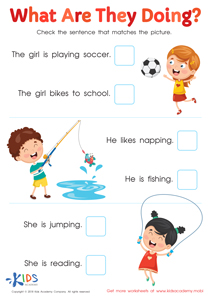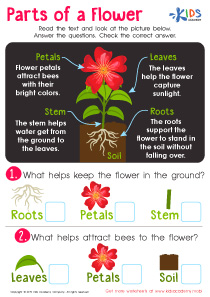Letter recognition Easy Grade 1 Worksheets
5 filtered results
-
From - To
Boost your child's letter recognition skills with our "Letter Recognition Easy Grade 1 Worksheets." Specifically designed for first graders, these engaging and enjoyable printable worksheets help young learners identify and differentiate letters effortlessly. Each activity focuses on enhancing their ability to recognize both upper and lower case letters through engaging exercises. Perfect for early readers, these worksheets cultivate essential learning skills in a fun and exciting manner. Ideal for classroom and home use, our Letter Recognition Easy Grade 1 Worksheets offer the foundation for your child's academic success in reading and writing. Give your child the advantage they deserve with our expertly crafted worksheets!
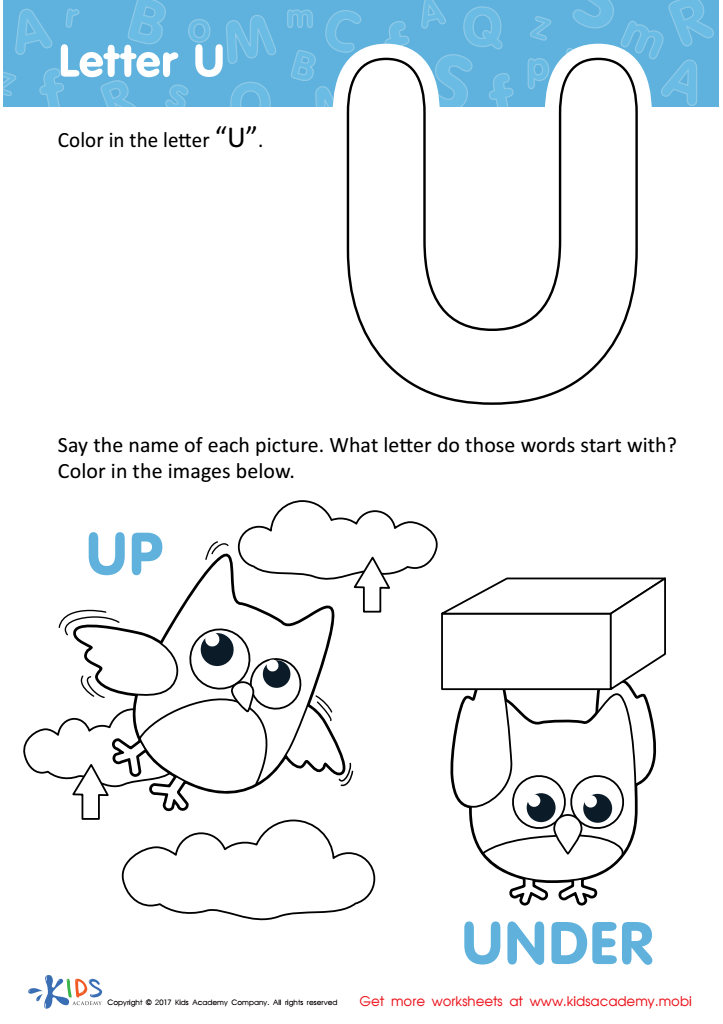

Letter U Coloring Sheet
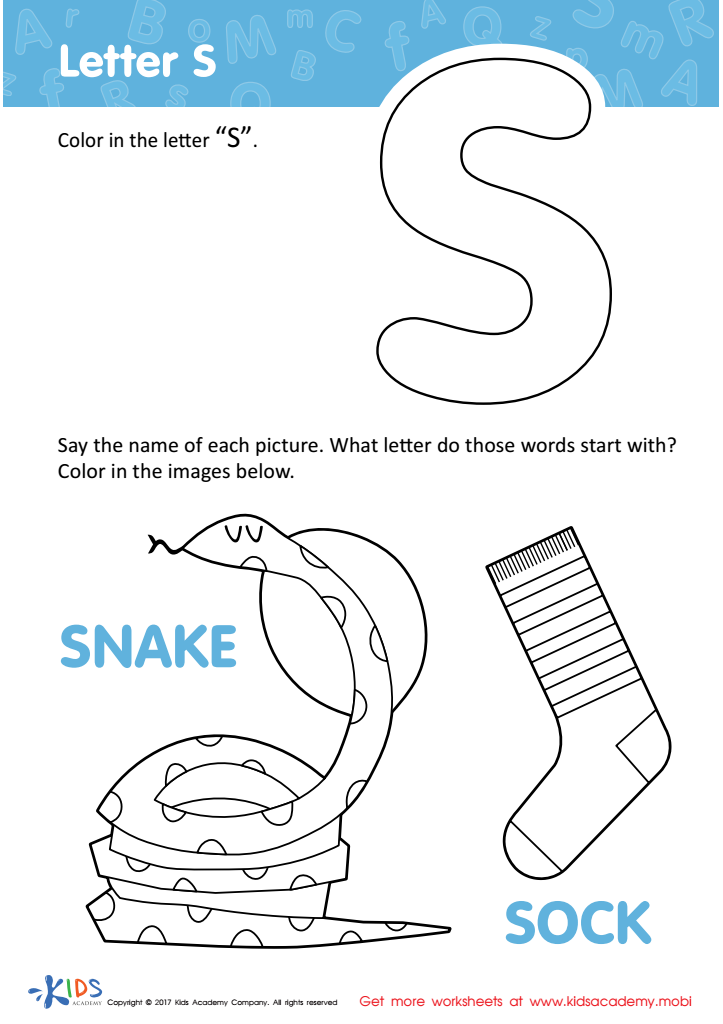

Letter S Coloring Sheet
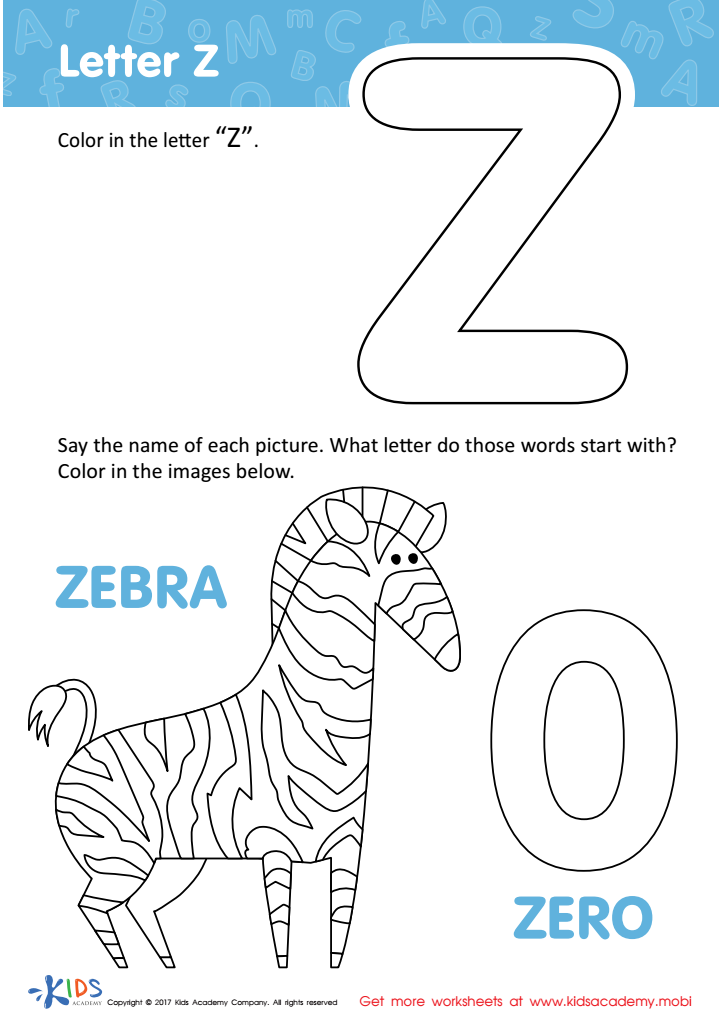

Letter Z Coloring Sheet
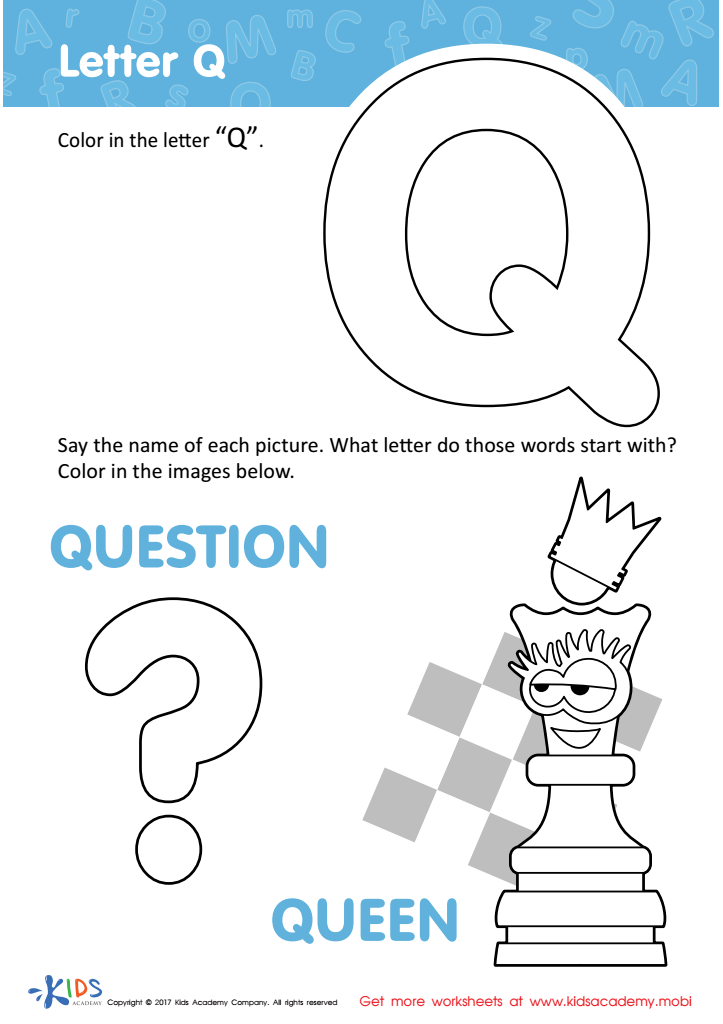

Letter Q Coloring Sheet
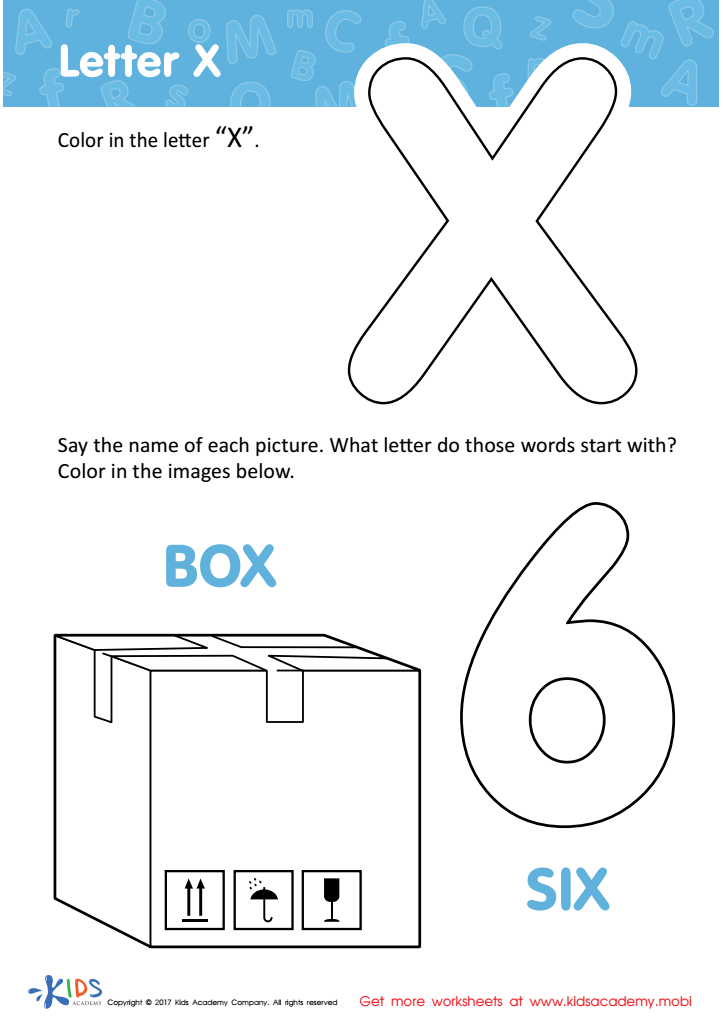

Letter X Coloring Sheet
Letter recognition is the foundational block upon which early literacy skills are built, making it crucial for Grade 1 students. At this age, children are transitioning from basic pre-reading skills to beginning reading. Recognizing letters quickly and accurately allows them to understand that letters correlate with specific sounds—a key component in learning phonics. This knowledge directly impacts their ability to decode words, spell, and eventually read fluently.
For parents and teachers, fostering strong letter recognition is essential. It boosts children's confidence and motivation, as they feel more competent and enthusiastic about tackling reading tasks. Improved letter recognition also enhances vocabulary development. When children can read words independently, they encounter new terms, aiding language growth and comprehension.
Neglecting letter recognition can lead to struggles with reading, which may snowball into broader academic challenges. Children who can't recognize letters may find reading frustrating, making them less likely to engage with text willingly. This can negatively impact their overall learning experience, across subjects.
By prioritizing and supporting letter recognition skills, parents and teachers lay a solid foundation, ensuring children are equipped with the essential tools needed for future academic success. Therefore, active involvement and encouragement in these early stages are both an investment in their immediate educational journey and long-term intellectual development.
 Assign to My Students
Assign to My Students








